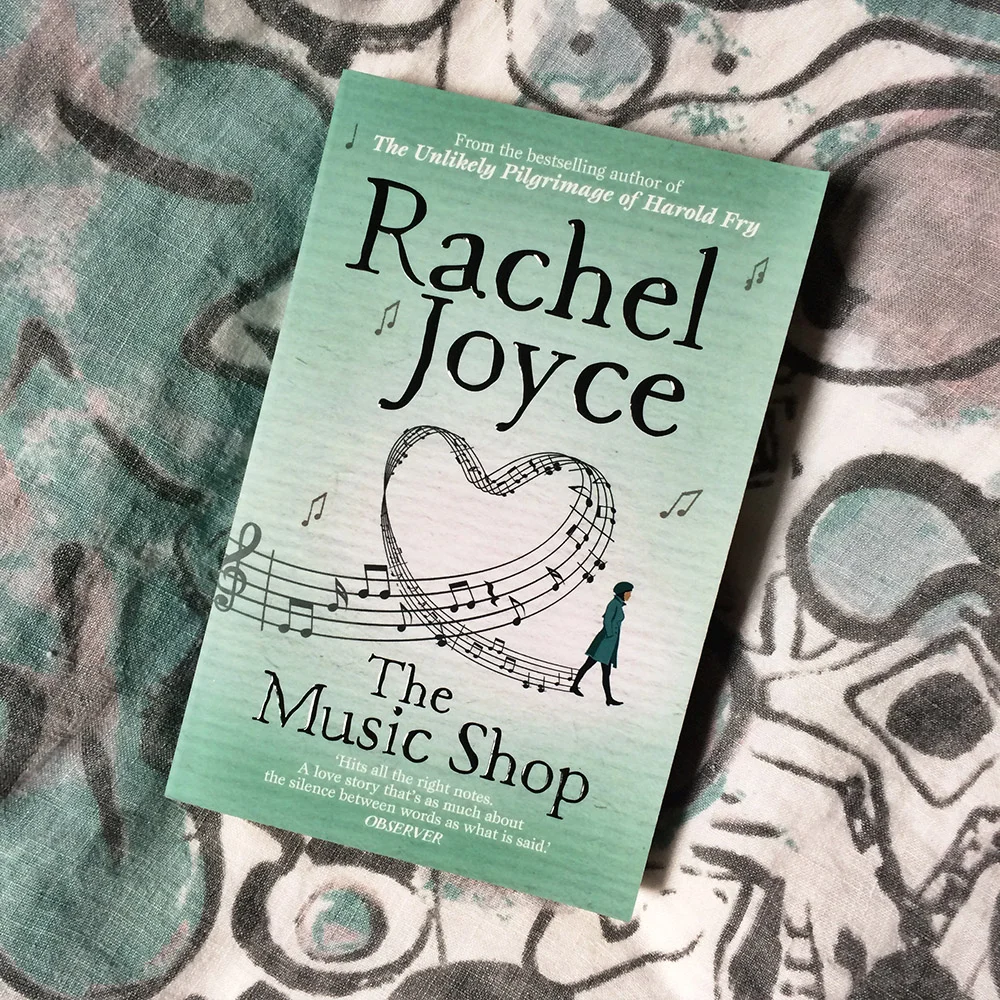- This Changes Everything - Echo Youth, The Q: In a dystopian future, a group of young adults try to set up their own society, called The Community, on a platform out in the sea - the set with hierarchical levels and isolated pods works well for symbolism and lighting opportunities (Direction by Jordan Best; Lighting design by Jacob Aquilina). Written by Joel Horwood, it's not necessarily a novel idea (I wouldn't be the first to call it Animal Farm meets Lord of the Flies) and many of the motifs of a disingenuous leadership model are familiar - rules written on the wall are altered to suit and the founder of the group mysteriously vanishes, said to have fled and abandoned the remainers. As a British viewer, it's impossible not to think of Brexit, but there are many other issues and themes ('the negatives of Capitalism; the inequalities bred by exponential growth; a culture failing to engage with causes or impact of climate change') which are all generally well-handled, although the 'abuse trope' seems glib and unnecessary. The play also explores the fine line between Socialism (in which each works according to their talents) and Communism ruled by a totalitarian dictator, in which the level of violence and oppression are well-pitched at an adolescence; they can all be aware and concerned, but not still safe and not traumatised. Jade Breen has solid conviction as the Stalinist overlord, Maja; Tara Rose Blake as Kim, the one who switches sides to become the enforcer is believable and nuanced, and Will Best also stands out as Basic Jane, the cynical one trying to keep their head down and avoid being noticed (Animal Farm's Benjamin, if you will). There are the usual awkward moments and projection issues seen in junior casts, but generally this is a respectable piece of theatre that should be encouraged.
- First Seen: Barren Ground by Helen Machalias - The Street, Street Theatre: Helen Machalias is such a great talent and I was intrigued to see what she would do next. This rehearsed read did not disappoint. I loved the exploration of the liminal spaces between life and death; myth and relaity; advertising dreams and political realities. Refugee's stories at an off-shore detention centre (on Christmas Island between 2010 and the closure of the centre in 2018) are told against a supporting framework of The Tempest where 'brave new world' poetry collides with 'stop the boats' rhetoric. When this returns as a full production, I will be first in line.
- Hand to God - Everyman Theatre, ACT HUB: I've not seen this play before, but I read that it won the Off Broadway Alliance Award for Best New Play and received five Tony Award nominations in 2015, although it closed early when it transferred to London and didn't garner such glowing reviews. I'm not surprised. It's crude, crass, blindingly obvious, and, according to the original playbill, an 'irreverent puppet comedy... about a possessed Christian-ministry puppet'. The widowed Margery (Steph Roberts) runs a Bible-promoting puppet-class attended by her son Jason (Michael Cooper), the sleazy teenager Tim (Joshua Wiseman), and quirky girl next-door, Jessica (Holly Ross). Men expect respect for no apparent reason, and women exist to give it to them - Steph Roberts deserves better than the demeaning cougar-seduction role she's given. Sure, she does it well - she does everything well - but this borders on hot-for-teacher-soft-porn fantasy. To make this message more palatable (and supposedly satirical), Jason becomes fused with his demonic puppet, Tyrone, and Pastor Greg (Jarrad West filling in for Arran McKenna) has to perform an exorcism, while also trying to woo Margery despite the fact that her husband has only just died. Michael Cooper is quite brilliant at physical comedy and the combination of his acting skills and Jarrad West's slick slapstick direction make this less than just a repulsive piece of low-brow misogyny (mocking organised religion is hardly cutting-edge). In its favour, at least the entitled incel released his toxic masculinity with his hand up a puppet, not on a gun.
- Romeo and Juliet - Canberra Repertory Society, Theatre 3: Co-directors Kelly Roberts and Chris Zuber use a young cast who display energy and enthusiasm, although many lost the poetry with the pace of their delivery, rushing the words and trying too hard to put their own stamp on this classic. Annabelle Hanson plays Juliet as a determined teenager who decides what she wants and goes for it, although it appears to be more independence from her parents (Richard Manning and Crystal Mahon) rather than love for Romeo (Pippin Carroll).Through her strong stance, balled fists and rigid posture, she radiates power and poetry with no need of any love interest - indeed she convinces more in her individual scenes than in those with Romeo, which lack chemistry or passion - this is not helped by the setting of their intimate scenes (the meeting; the balcony scene the bed scene) on distant parts of the stage. Carroll works hard on diction and projection but sacrifices passion and feeling, leaving the audience to rather engage with Mercutio (a fine performance by Anneka van der Velde whose restless movements imply there are hidden depths to the character hidden behind a facade of bravado) and the Nurse (Tracy Noble), who both bring the necessary energy and choric interpretation.
- Ngadjung - Belco Arts, Belconnen Arts Centre: If you get a chance to see any work by Dylan Van Den Berg, see it. He is an original and incredible young talent who makes theatre that moves, inspires, connects, provokes and questions. In his director's notes, Van Den Berg explains that 'Ngadjung emerged from an original provocation to write a play about water - First Nations connection to water, human connection to water.' His play casts two women in a futuristic (and dry) environment, controlled by corporations who have privatised, monetised and politicised water to make it a commodity to which only the wealthy have ready access. Lisa Maza plays Flick, the elder who is desperately trying to maintain her connection to Country in a landscape that is irrevocably changing, and Kylah Day is Cass, the young interloper who stumbles across her patch, hiding from pursuers determined to repossess the secrets she stole. The relationship between these two actors is superb as their stories collide, mingle and separate like tributaries in a river. Production standards are also outstanding from the evocative set (designed by Imogen Keen) to the sound (Peter Bailey) and lighting (Linda Buck) design which create tension and atmosphere. In an extraordinary coup, Belco Arts commissioned this work from Van Den Berg, and it can only serve to enhance the significant reputations of all concerned. As with the inherent call to action against ignorance of climate change, this is one that demands to be seen and heard.
 |
| Kylah Day and Lisa Maza in Ngadjung |



